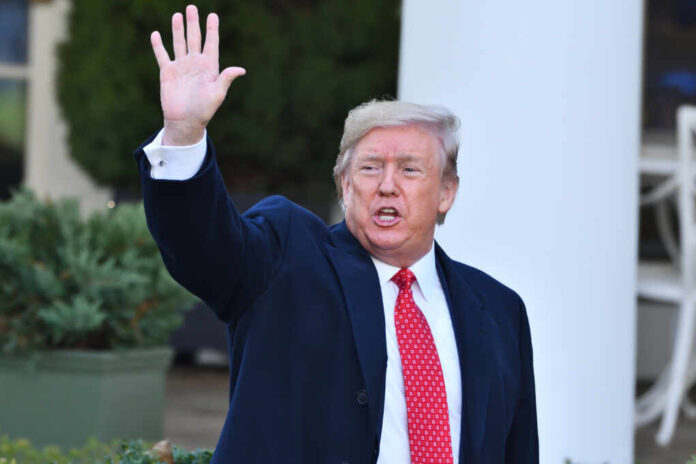
A substantial number of Republican House and Senate leaders have rallied to defend President Donald Trump’s right to appear on the 2024 ballot in Colorado and nationwide. The Supreme Court is poised to hear arguments early next month in the appeal of the Colorado Supreme Court’s decision to disqualify Trump, citing the 14th Amendment in relation to the events of January 6, 2021.
Spearheaded by Sen. Ted Cruz (R-TX) and House Majority Leader Steve Scalise (R-LA), more than 170 GOP lawmakers have filed an amicus brief with the high court, contesting the Colorado court’s ruling as an overstep of its authority and a dangerous precedent. Their argument hinges on the assertion that the court’s decision encroaches on congressional powers, particularly concerning the enforcement of the 14th Amendment.
/1🚨HISTORIC BRIEF — We just filed a brief with @BoydenGrayPLLC in the Supreme Court of the United States on behalf of @tedcruz @SteveScalise and 177 other members of Congress to defend Donald J. Trump’s right to remain on the Colorado ballot.
AFL is proud to represent: pic.twitter.com/1ad4xswxhH
— America First Legal (@America1stLegal) January 18, 2024
“The radical left consistently does what they claim their opponents are doing,” Cruz stated, accusing President Biden and his allies of undermining democracy by attempting to exclude a likely general election opponent. Scalise echoed this sentiment, asserting that the Colorado court’s action subverts the will of the American people and sets a dangerous precedent that could lead to future political manipulations.
The GOP’s stance is clear: Congress, not state courts, should hold the power to enforce Section 3 of the 14th Amendment. The brief emphasizes the exclusive authority of Congress in this matter, critiquing the Colorado Supreme Court for its broad interpretation of “engaging in insurrection.” As per the lawmakers, this interpretation could easily be misused against political adversaries.
Sen. John Kennedy (R-LA) labeled the court’s move as a “misstep and overstep.” At the same time, House Majority Whip Tom Emmer (R-MN) condemned it as a weaponization of the legal system by “liberal activist judges” against Trump. These statements reflect a broader concern among Republicans about judicial overreach and the politicization of the legal system.
The brief also tackles the issue of partisan incentives in the electoral process. “In polarized times, it is easy to cast an opponent’s rhetoric about the outcome of elections as encouraging others to obstruct the peaceful transfer of power,” the brief reads, alluding to accusations against Trump. The brief contends that this could lead to a slippery slope where state officials could misuse their power to influence the democratic process.
This case has struck a chord in legal circles and among the general public, with the GOP’s move seen as a staunch defense of electoral integrity and the sanctity of the democratic process. As the country approaches the 2024 elections, the outcome of this legal battle will not only impact Trump’s candidacy but also set a precedent for how similar cases might be handled in the future.

































